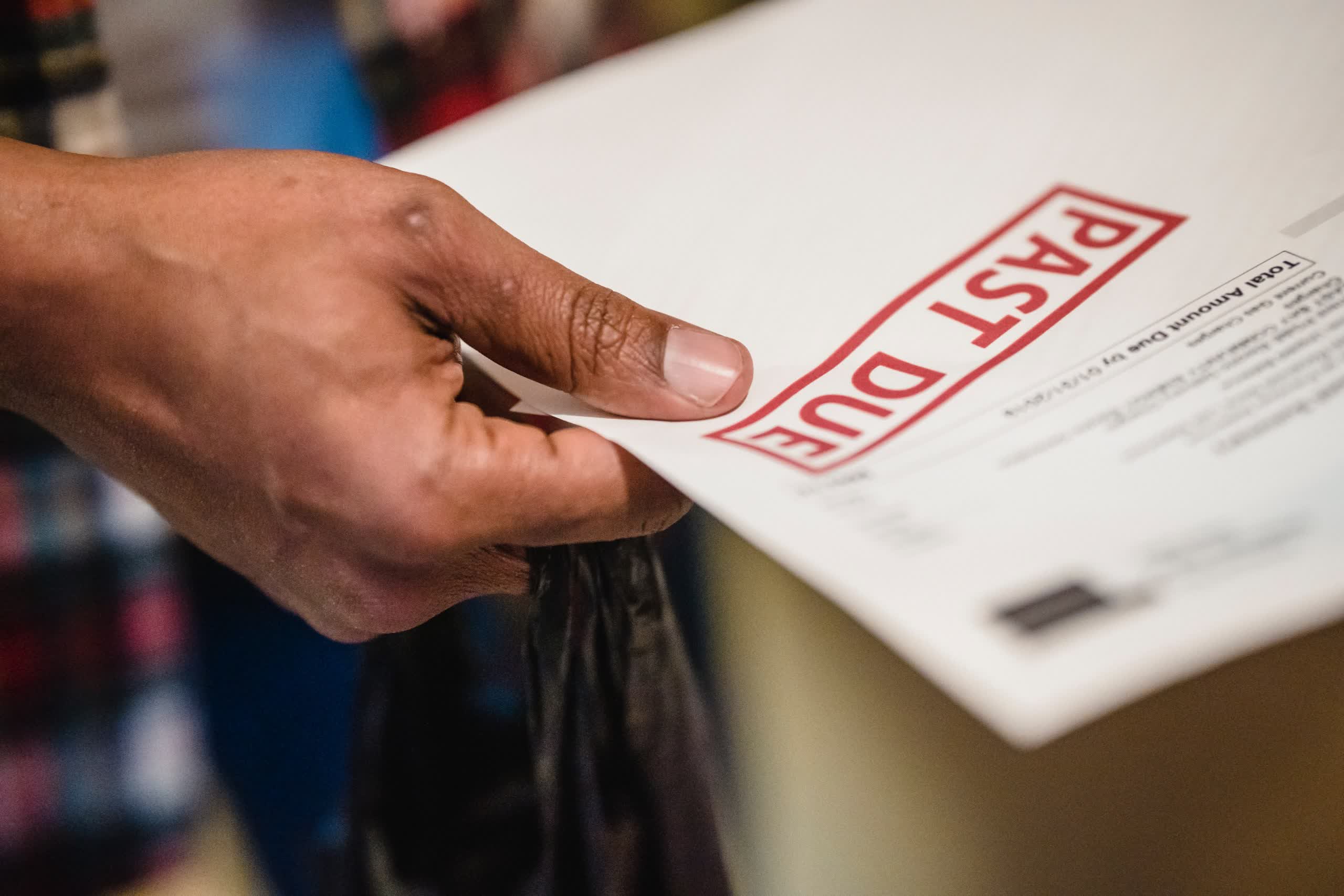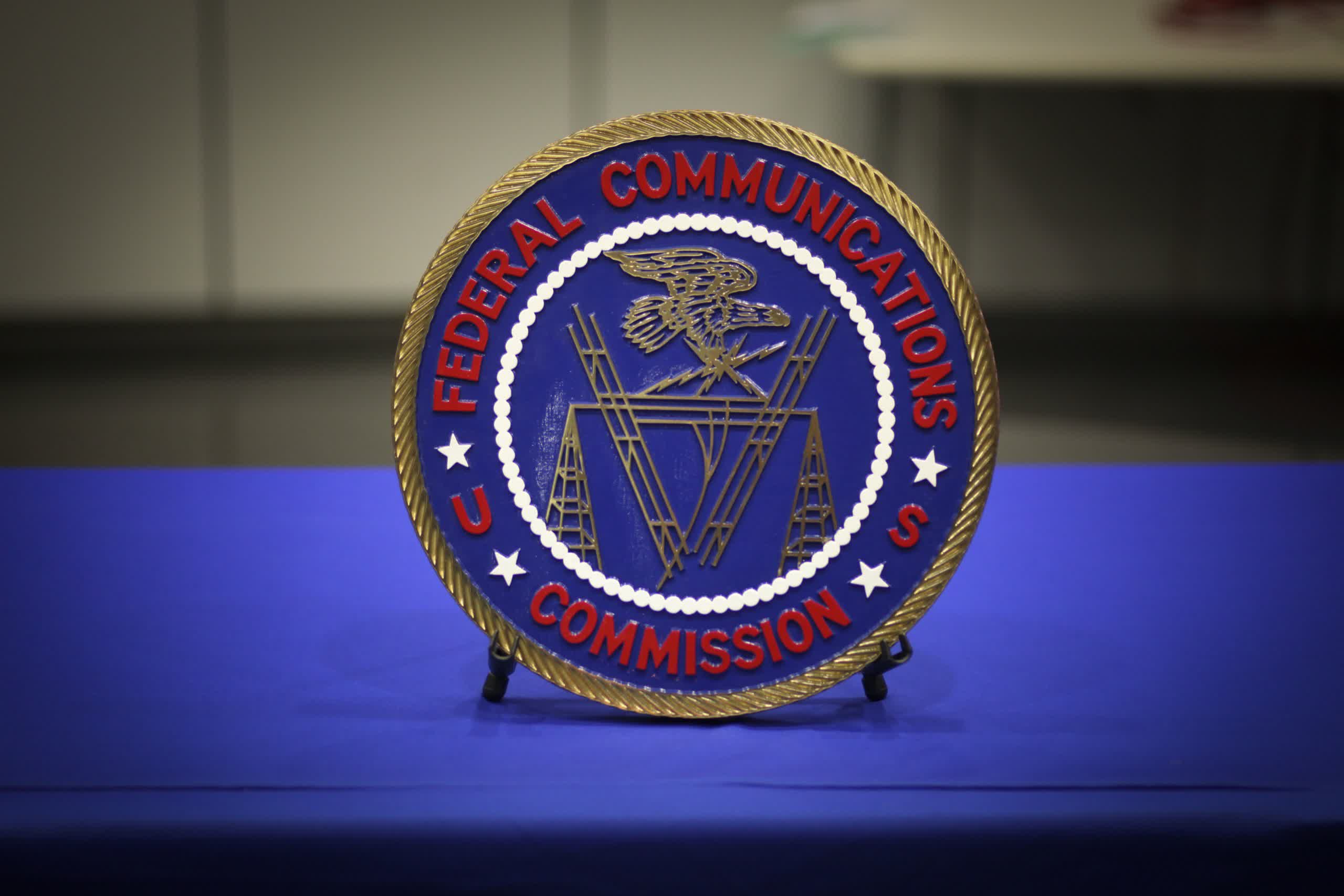In context: Transparency has been a recent ongoing theme for a lot of tech-related companies. Apple got the ball rolling by requiring developers to include "Nutrition Labels" in their app descriptions. Regulators worldwide have called for more consumer transparency, with various companies fighting for or against open practices.
Most recently, the FCC adopted a transparency rule requiring internet service providers to create information labels so customers can make informed purchasing decisions. The tags must list data caps, performance, and a detailed breakdown of the subscribing price, including all associated fees.
Of course, it was no surprise when Comcast filed a complaint against the rule, arguing that implementing the proposed labels would "impose significant administrative burdens" on the company and add "unnecessary complexity" to its operations. It claimed that to comply with the FCC's rule, it would have to create 251 labels to provide all the required information.
Comcast was not the only provider complaining about the new regs. Five lobbying bodies, including America's Communications Association, CTIA, The Internet & Television Association, The Rural Broadband Association, and The Broadband Association, jointly petitioned the FCC to discard the rule in favor of an older, simpler label proposed in 2016.

On Tuesday, the FCC told them all, "No." It will proceed with implementing the rules whether ISPs like it or not. Commissioners reasoned that consumers should know the final price and all other incidental expenditures before deciding which plan and provider is best for them.
"Every consumer needs transparent information when making decisions about what internet service offering makes the most sense for their family or household," said FCC chair Jessica Rosenworcel. "No one wants to be hit with charges they didn't ask for or they did not expect. That's why Broadband Consumer Labels are so important."
The complaints from ISPs and their lobbying groups are clearly hogwash, but even if they weren't, they illustrate how frustratingly complicated it can be for a consumer to go through a bill to figure out why it is so much more than the quoted price. Isn't it ironic that your ISP is arguing that it is too hard to list 251 bits of information upfront but has no problem listing them on your bill? It's like going to a restaurant and ordering a $10 cheeseburger, only to get the bill showing it was $20 because of water, napkin, silverware, seating, greeting, order processing, bathroom use, climate control, entertainment tax, and numerous other undisclosed fees.
So good on the FCC for standing its ground. However, hold your expectations in check. Far too often, we have seen the Commission enact rules with no teeth. Let's see how this one goes before applauding the FCC too much. Also, let us not forget that a lot of those fees spring from government bureaucracy.
